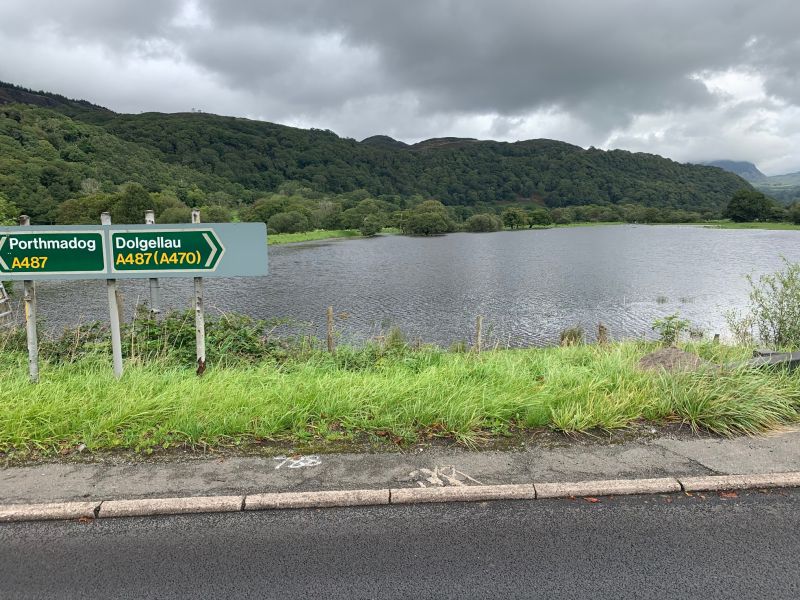
The recent flooding of agricultural land in Gwynedd could have been avoided if essential work had been carried out by authorities, local farmers have said.
Torrential rain earlier this month caused river flood banks in the Llanfrothen area, near Porthmadog, to overflow, leaving silage fields severely flooded.
To showcase the damage to the land, and to explain the work required to fix the problem, local farmers held meetings with the Farmers Union of Wales (FUW) and Natural Resources Wales (NRW).
Staff were shown how the water had flown over the flood bank of the river Afon Croesor, which resulted in flooding of 'excellent agricultural land'.
FUW Meirionnydd County Executive Officer, Huw Jones said: “The NRW were shown trees and overhanging branches which impede the flow of the river, and where maintenance work is urgently required.
"Floodbanks in urgent need of repairs were also shown, with a request that a detailed inspection is carried out as soon as possible, with a view to making repairs as soon as possible.”
Visits were also made to several important ditches within the Llanfrothen Internal Drainage District (IDD), and the drainage system was discussed in detail.
“We also provided examples of tree trunks which were partly blocking the ditches impeding the water flow," added Mr Jones.
"It also became clear that some length of ditches had not been opened or cleared to the required standard last year, partly contributing to the current problems."
The delegation further visited areas around the Afon Dwyryd near Maentwrog, where trees and branches also impede river flow. Here, Mr Jones said there was an urgent need to remove silt from the river bed.
Glyn Griffiths, who farms near Llanfrothen and who chairs the local IDD Advisory Group, said there were several matters which required NRW's 'urgent attention'.
He noted how there were large areas of agricultural land currently under serious risk of further flooding.
"It is imperative that work is carried out as a matter of priority," Mr Griffiths said, adding that the Land Drainage Act 1991 showed NRW had a statutory responsibility as to maintain the drainage within the district.
“Their powers include both statutory and permissive. As a result of these meetings, the progress of the work will be carefully monitored, and the issues will be under review again in the near future.”
